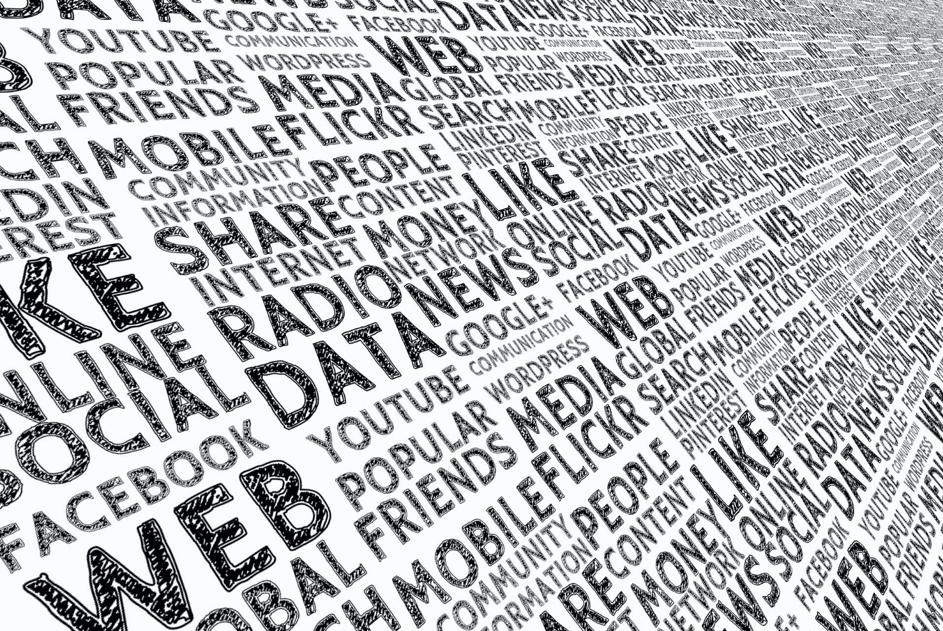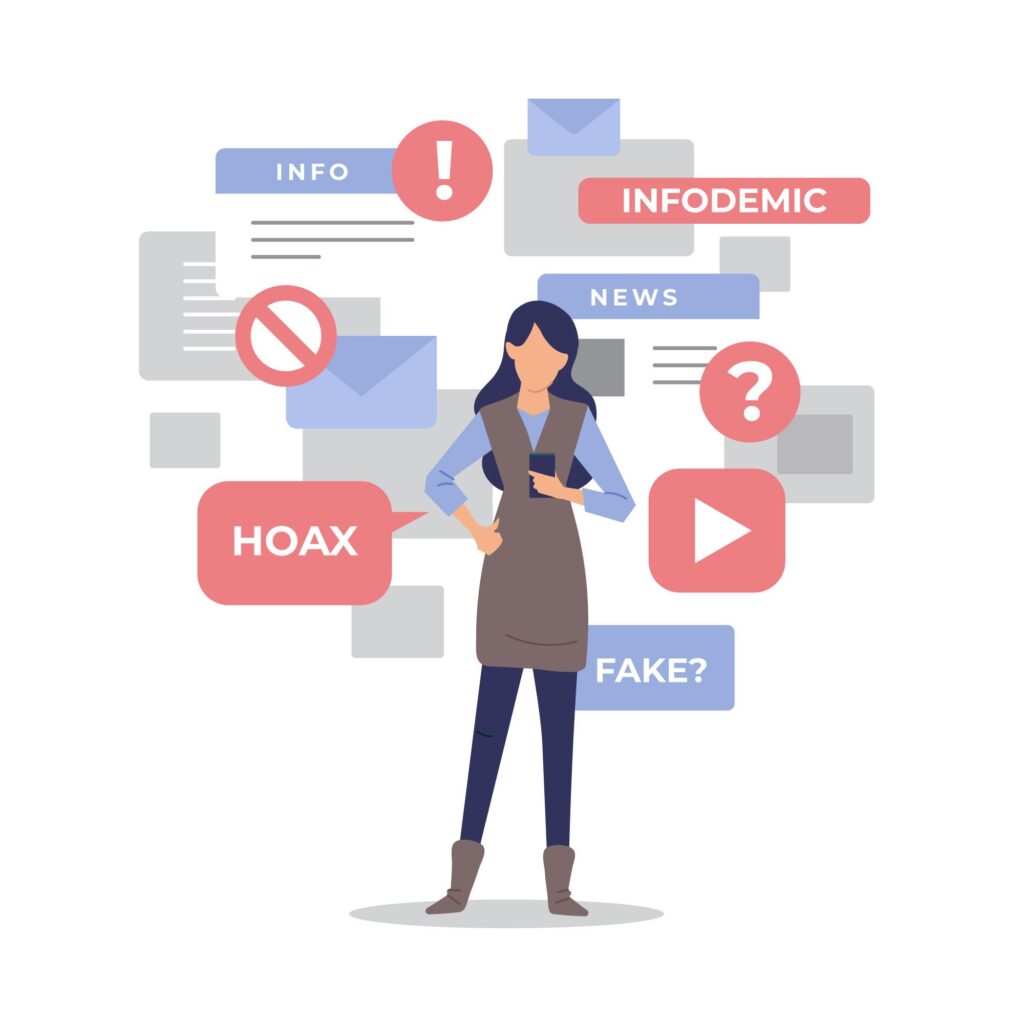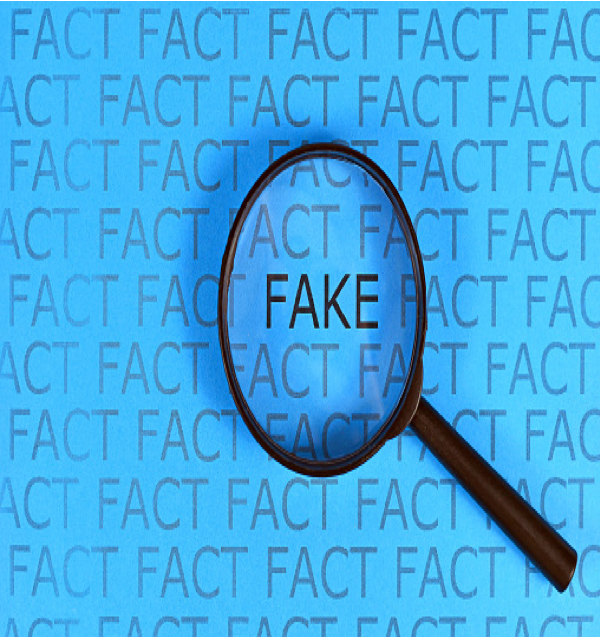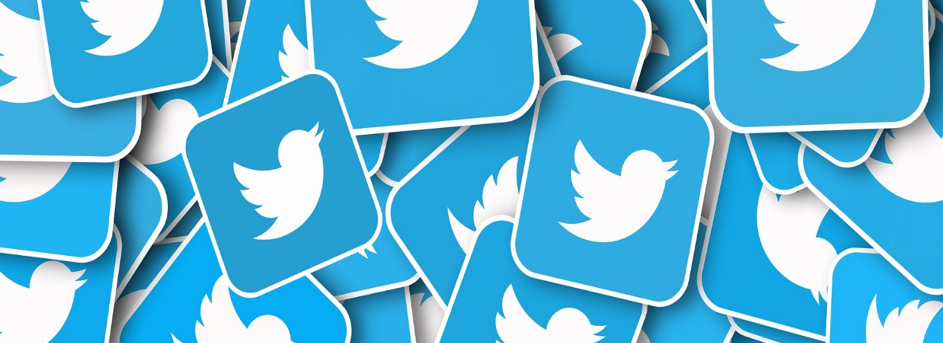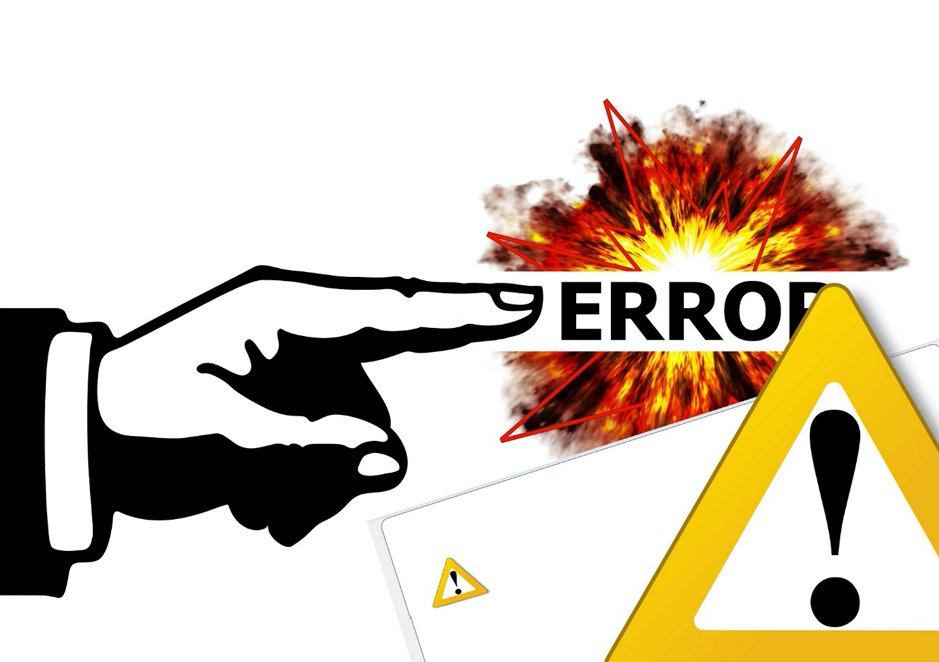The expression “Media literacy” refers to the set of technical, cognitive, social, civic, cultural and creative skills that enable users to access media, and to understand and critically evaluate their content.
Author: Imedial Staff
Infodemic and disinfodemic, how do they differ?
Unesco points out that “COVID-19 disinformation creates confusion about medical science with immediate impact on every person on the planet, and upon whole societies.
Fake News: New or Old Invention?
Article by Alexandra Pambouka – Center for Social Innovation ‘Fake news’ might appear to be a modern invention, although examples of it can be found throughout history! From ancient Rome up to the present day, stories that are not true or are meant to be misleading have been used to make money, change people’s views and opinions READ MORE
How to respond to cyberbullying?
Article by CWEP At first let’s remind ourselves, what exactly is cyberbullying? It is the sending, sharing, and commenting negative and hurtful content through social media/text/online forums/chat rooms/email, against individuals. Usually cyberbullying targets individuals who have been bullied for a long time and the perpetrators are often people who know the victims from real life. READ MORE
Misinformation Effect
The research into the misinformation effect and related phenomena shows how psychologically susceptible we are to fake news, false memories, and entrenched cognitive biases.
Facts, facts, fake, facts
Article by CDA Studies show that the spread of false news through social networks is much greater than the spread of true news. We meet much more often with a fake news in the online environment, it can reach 1500 people even six times faster than a real news. Social networks are information spaces where READ MORE
Twitter is trying a new way of fighting misinformation
Twitter keeps on experimenting new ways to limit the spread of fake news.
How can we all contribute to combating fake news?
Article by E&D People create and distribute fake news for a variety of reasons, from looking to obtain commercial and political gains to simply wishing to attract attention. Following the Loughborough University’s Online Civic Culture Centre, 42.8% of news sharers engage in sharing inaccurate or fake news. What is the common reason? It is to READ MORE
Fake News, Post-truth and Disinformation
Article by Innohub On August 21, 1835, the New York newspaper The Sun published what we know today as the first “fake news”. This news, known as “The Great Moon Hoax” reported over six articles about the discovery of life on the Moon. Throughout the publications, it was claimed that the existence of plants, animals, READ MORE

